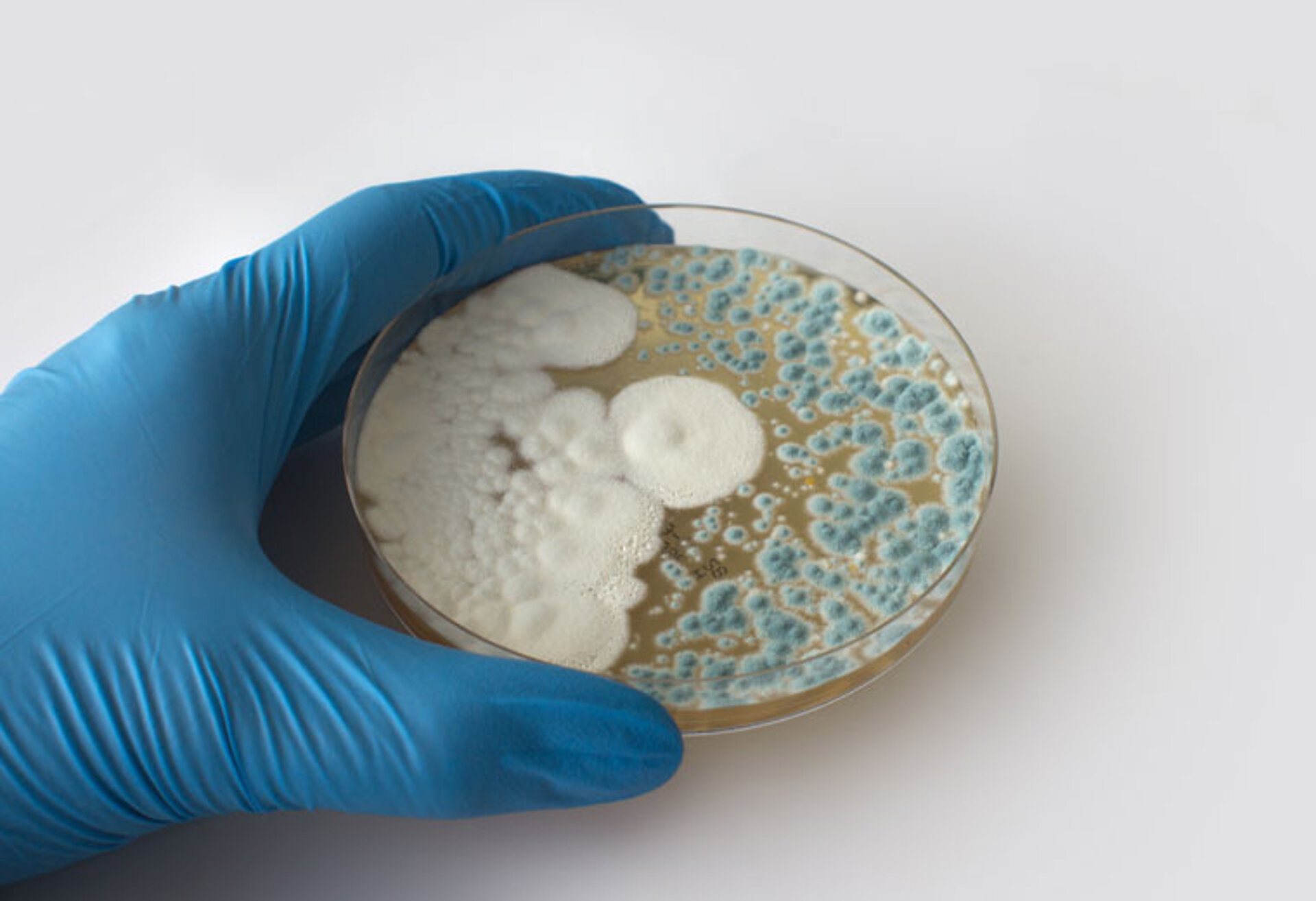Immune Complex-mediated Allergy (Type III Allergy)
Type III allergy, also known as an immune complex reaction, is a specific form of allergic response triggered by the formation of immune complexes. These immune complexes consist of IgG antibodies that bind to allergy-inducing foreign substances (antigens). The complexes penetrate the tissue, where they become deposited and activate the non-specific immune system. This results in cell damage and allergic inflammatory reactions.
Causes and Mechanisms of Type III Allergy
The development of a Type III allergy begins with the entry of allergens into the body. These allergens can be of various types, such as:
- Dust particles (e.g. bird dust)
- Mould spores
- Bacteria
When these allergens enter the body, IgG antibodies bind to them and form immune complexes. These complexes are then deposited in the tissue and activate the complement system, which is part of the non-specific immune system. Activation of the complement system triggers a cascade of inflammatory reactions, which ultimately leads to cell damage.
Symptoms and Progression
The symptoms of a Type III allergy typically appear 6 to 12 hours after contact with the allergen. The most common symptoms include:
- Inflammation
- Swelling
- Pain in the affected tissue
A typical condition associated with Type III allergy is extrinsic allergic alveolitis. This illness can be triggered by the inhalation of dusts, mould spores, or bacteria and primarily affects the lungs. Specific forms of extrinsic allergic alveolitis include:
- Farmer’s lung: triggered by inhalation of hay or grain dust
- Bird fancier’s lung: caused by exposure to bird dust
Indoor alveolitis: caused by mould spores in damp indoor environments
Other Clinical Manifestations of Type III Allergy
In addition to extrinsic allergic alveolitis, there are other conditions associated with Type III allergy:
- Serum sickness: a reaction to the administration of foreign serum, often accompanied by fever, skin rashes, and joint pain
Treatment and Prevention
Treatment focuses on avoiding the triggering allergen and relieving symptoms. This includes:
- Allergen avoidance: avoiding contact with known allergens, e.g. by wearing masks or avoiding damp, mould-prone environments
- Medication: use of anti-inflammatory drugs and antihistamines to relieve symptoms
Type III allergy is a complex immune reaction caused by the formation of immune complexes. This form of allergy can lead to serious inflammatory responses and tissue damage. Early diagnosis and targeted measures to avoid allergens are crucial for effective treatment and symptom management. If you suspect you may have a Type III allergy, you should consult an allergist for an accurate diagnosis and appropriate treatment options.

